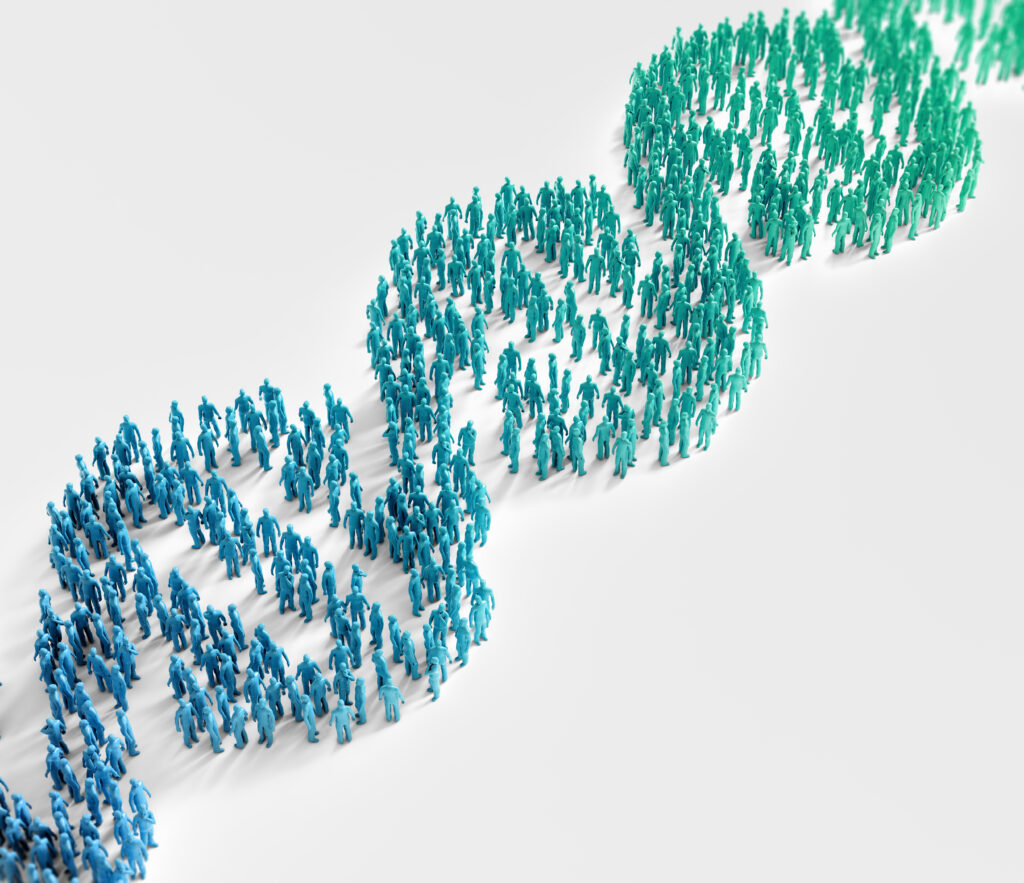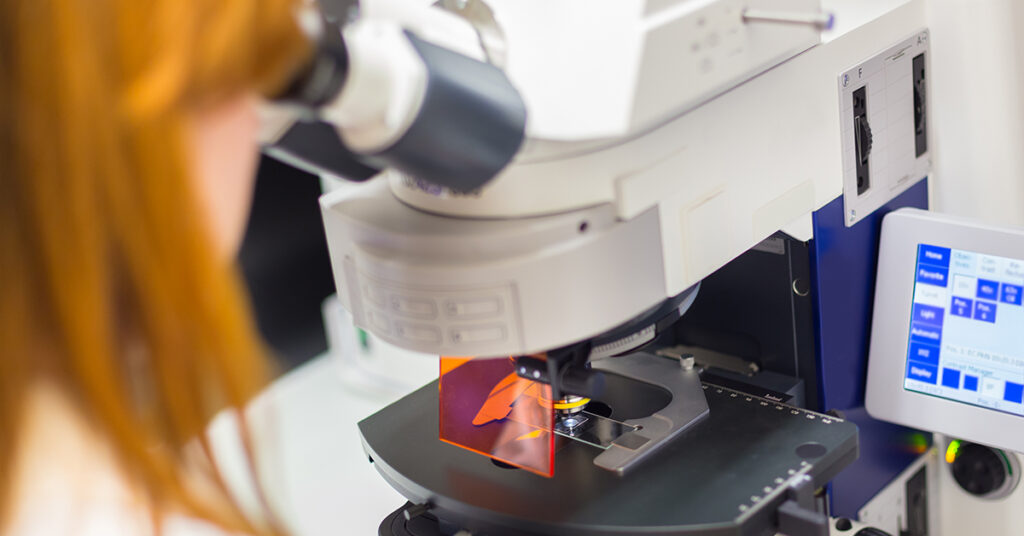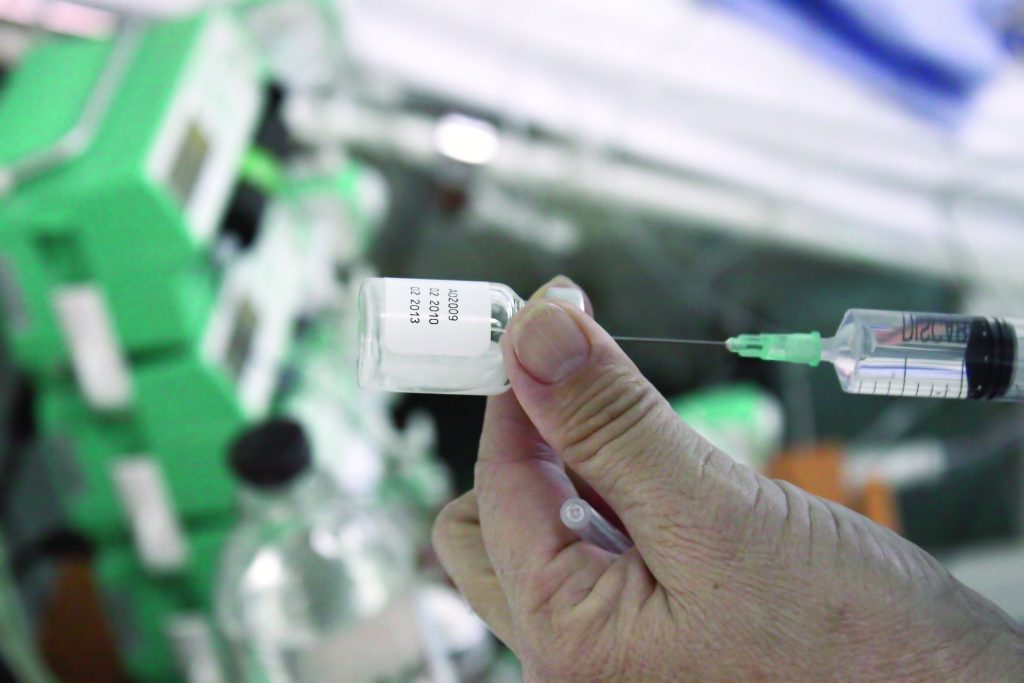News
European IBBL collaboration reshaping colorectal cancer therapy
REVERT project combines predictive medicine and AI to improve colorectal cancer treatment

The IBBL are partnering a transformative initiative, REVERT, which uses artificial intelligence to redefine colorectal cancer therapy. Project updates, highlighted on the European Commission CORDIS website, feature an innovative approach, which aims to revolutionize the landscape of colorectal cancer treatment.
Colorectal cancer affects over 400,000 individuals annually in Europe, with nearly half of them developing distant metastases. The TaRgeted thErapy for adVanced colorEctal canceR paTients (REVERT) project, launched in 2020, addresses the complexities surrounding the treatment of unresectable mCRC, a condition often accompanied by a daunting prognosis and limited survival rates.
Under the collaborative translational study, the Integrated Biobank of Luxembourg (IBBL), part of the Translational Medicines Operations Hub of the Luxembourg Institute of Health, is actively contributing to the REVERT project, which seeks to harness artificial intelligence (AI) to develop a decision support system (DSS) for clinicians. This system aims to assist in identifying optimal treatment combinations for patients grappling with metastatic colorectal cancer (mCRC).
In this context, the IBBL is leveraging its extensive expertise in biomarker validation, quality assurance, and standardization of processing methods, to support quality assurance efforts and craft Standard Operating Procedures (SOPs) related to both pre-analytical and analytical validation protocols. This contribution extends to establishing decision criteria for the predictive performance characteristics of biomarkers associated with colorectal cancer (CRC).
Announced on the European Commission CORDIS website, the breakthrough AI-based DSS, developed within the REVERT project, is currently undergoing clinical testing in medical oncology units across Spain, Italy, and Romania. Thus, the project is striving to pinpoint the most effective and cost-efficient therapeutic interventions for unresectable mCRC patients, opening new avenues in personalised care.
Central to the project is the establishment of the REVERT database (RDB), hosted on Amazon Web Services, forming the backbone for the DSS. The ongoing clinical trial, coordinated by Prof Mario Roselli of the University Hospital Tor Vergata, Italy, aims to elevate individualized treatment for unresectable mCRC patients by determining optimal therapeutic options on a case-by-case basis.
Additionally, the project introduces the ML-based 7-Gene Algorithm, showcasing noteworthy accuracy in classifying patients’ responses to first-line chemotherapy. Ongoing studies involve next-generation DNA and RNA sequencing to enhance predictive models for tailored treatment of mCRC.
As the final chapter of the REVERT project unfolds, scheduled to conclude in December 2024, the collaboration between IBBL and European institutions showcases the power of leveraging artificial intelligence for precision medicine. The strides made in AI-based decision support and biomarker validation mark a significant contribution towards a future where individualized treatment strategies become the cornerstone of metastatic colorectal cancer care.







